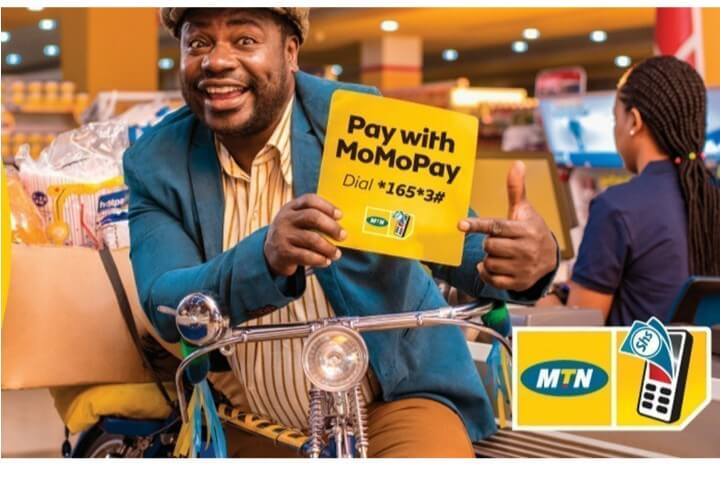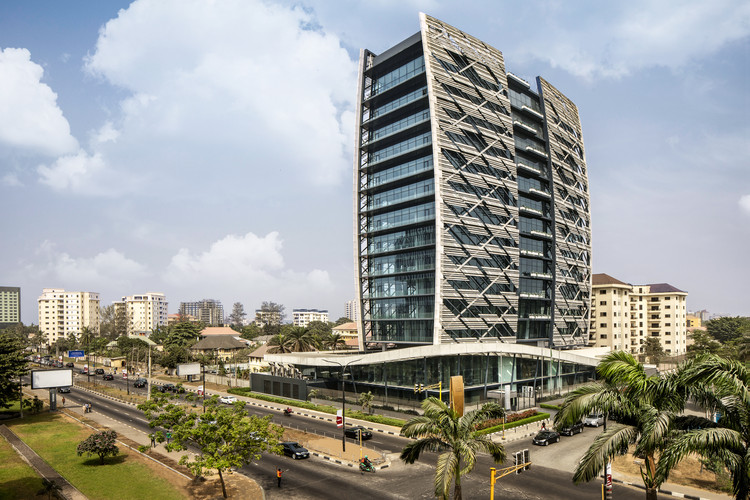MTN Mobile Money (MoMo) began exactly May 2022. Now in June 2023, exactly a year and a month later, it is yet to be adopted by Nigerians on the street.
Trying to find an MTN Mobile Money (MoMo) agent is like searching for a needle in a haystack. For weeks, I’d meant to sign up and try MoMo, but I kept running into problems. One problem: while trying to register with USSD, a prompt asked for my state of origin and local government area. Because you fill in these details using only the first three letters of the local government area, there’s no way to differentiate between Ojodu Berger and Ojo, for instance. I figured that finding a MoMo agent would solve the problem. So, on Friday, I walked the length of Ilori Moses Street—for the second time in a week—to find a MoMo agent. As I widened my search area, the responses were the same: most of the POS operators did not offer MTN’s Mobile Money service and couldn’t direct me to any agents who did.
It wasn’t a big surprise, considering that the CEO of MoMo PSB Eli Hini admitted on a call with TechCabal that the service is still seeking adoption. Per its 2023 first quarter result, MoMo has 3.2 million monthly active mobile money (MoMo PSB) wallets, accounting for 43.2% of the telco’s users. While MTN’s impressive distribution lets it reach 19 million people, it still has a long way to go in becoming a service of choice.
According to Hini, “We have over 3.5 million people who use wallets on a 30-day basis to perform transactions and that’s where our focus is—to grow and allow many people who need our wallets to experience transactions that are fast and easy to process. We want to reach more people in Nigeria. By all means, we also enable traditional banks and mobile money account holders. Therefore, it should be possible to be able to pay your mechanic, plumber or service provider who doesn’t have a bank account but has a mobile phone.”
But there’s still some way to go before MoMo has a commanding market presence. In conversation with mobile money agents in Lagos, TechCabal found that MoMo is not especially popular with users.
Finding MoMo users in Lagos
“People are not using the wallets, it is not common here. There is only one lady that makes use of her MoMo wallet and I fund her,” Eniola Alatise, an agent who runs both the MoMo and POS service in Ikeja tells me. Another agent on the network based in Magboro, Ogun state, Temitope Bukola, admits that usage is lower than that of the regular POS. “Very few people use it. Most of the main users are agents that use it for transfers and selling of recharge cards. People use it, but not like the regular POS,” she explained.
Another agent, Afariogun Michael, who operates a POS business in addition to the mobile money service, in Oshodi, one of Nigeria’s thriving markets, told TechCabal that for the MoMo service, the customer figure is an average of 30 customers on a daily basis. Even with this more optimistic figure, it was still hard finding MoMo users. Of the three people I spoke with at Ojo, Lagos, only one, a law student, uses the service.
Recovering from a difficult start
Days after MTN launched MoMo in 2022, it lost over ₦10.5 billion to unauthorised transfers caused by a system glitch. According to a suit dated May 30, 2022, MoMo alleged that ₦22.3 billion ($48 million) was transferred in error to 8,000 accounts maintained by the 18 banks’ customers using MoMo. It is possible that a lack of trust could be stalling wider adoption.
But Hini told TechCabal that the firm is now past that and it has appealed to super agents and fintech companies to use its platform, as it can assure better security. “What we have done as a business is give comfort to our customers and also the assurance that we as a business have enhanced our governance within the period and improved on various interventions and controls. Remember that in this ecosystem, you have interactions that are not dependent on your platform and we have third party integration as well. A lot of work we have done is to strengthen controls along integration and partnership arrangements,” he said on the call.
MoMo’s CEO envisions a future where the service is home to the banked, unbanked and underserved. Yet, there’s still some way to go if MoMo will replicate the success of mobile money services like Mpesa or Wave.
What do you think about our stories? Tell us how you feel by taking this quick 3-minute survey.






















